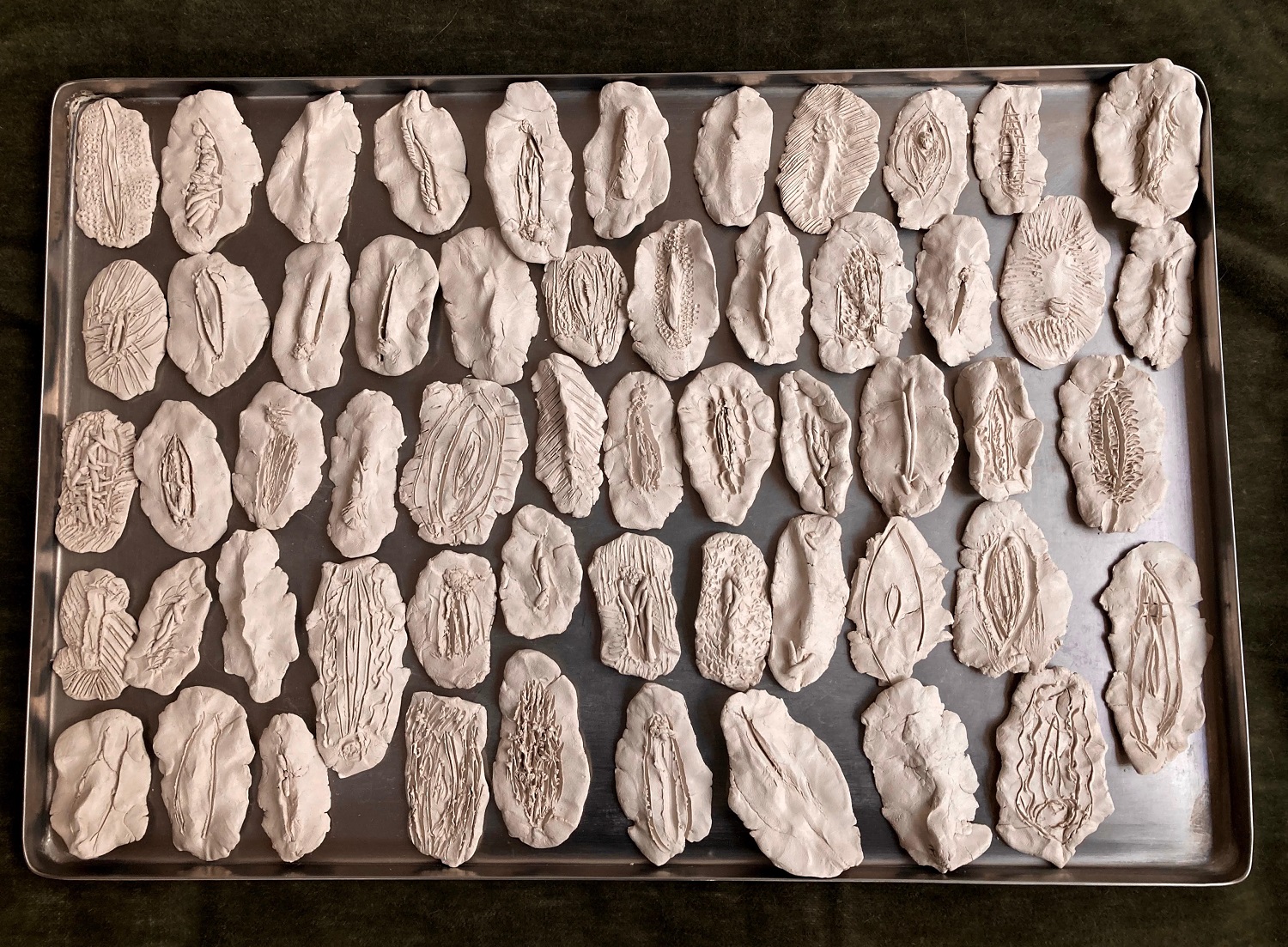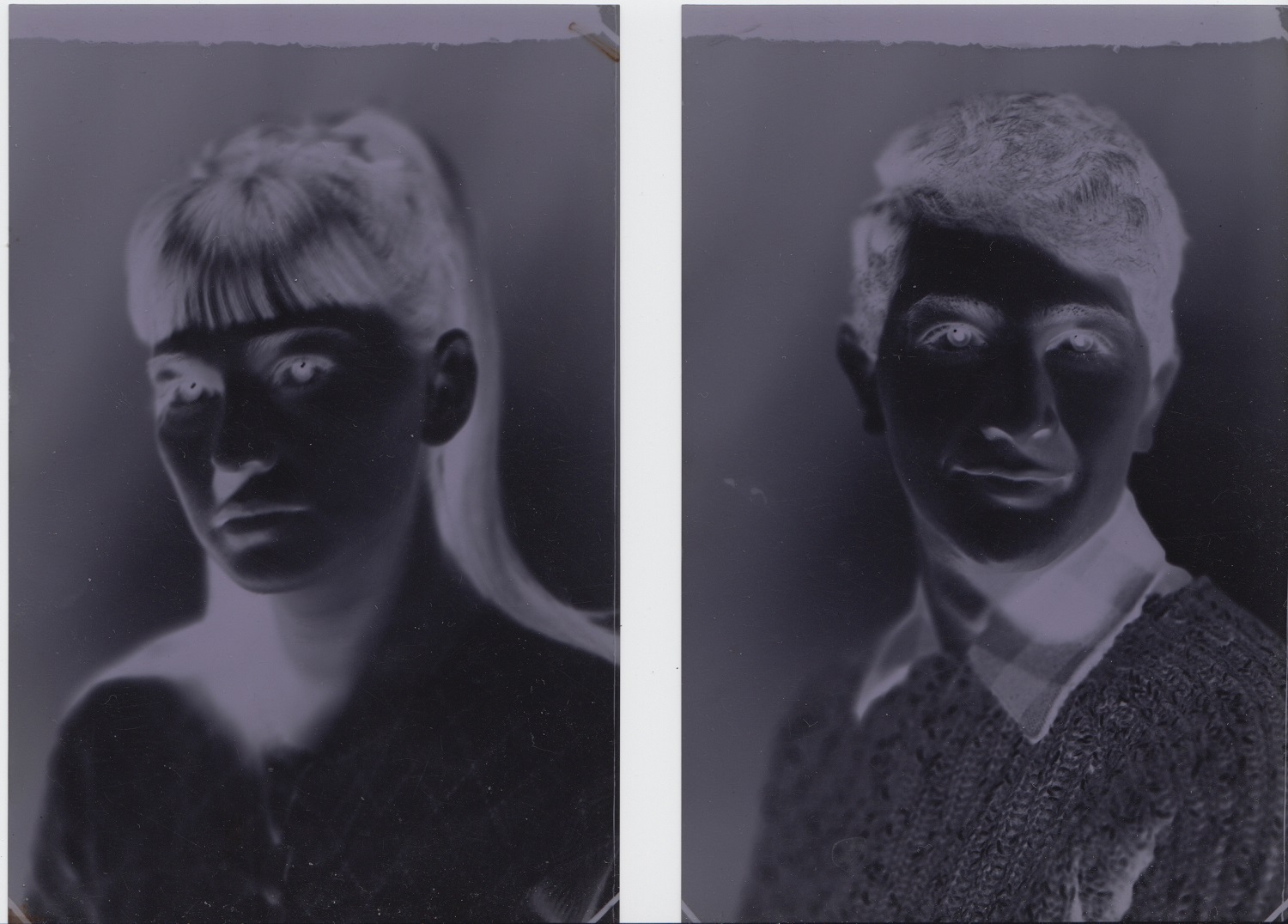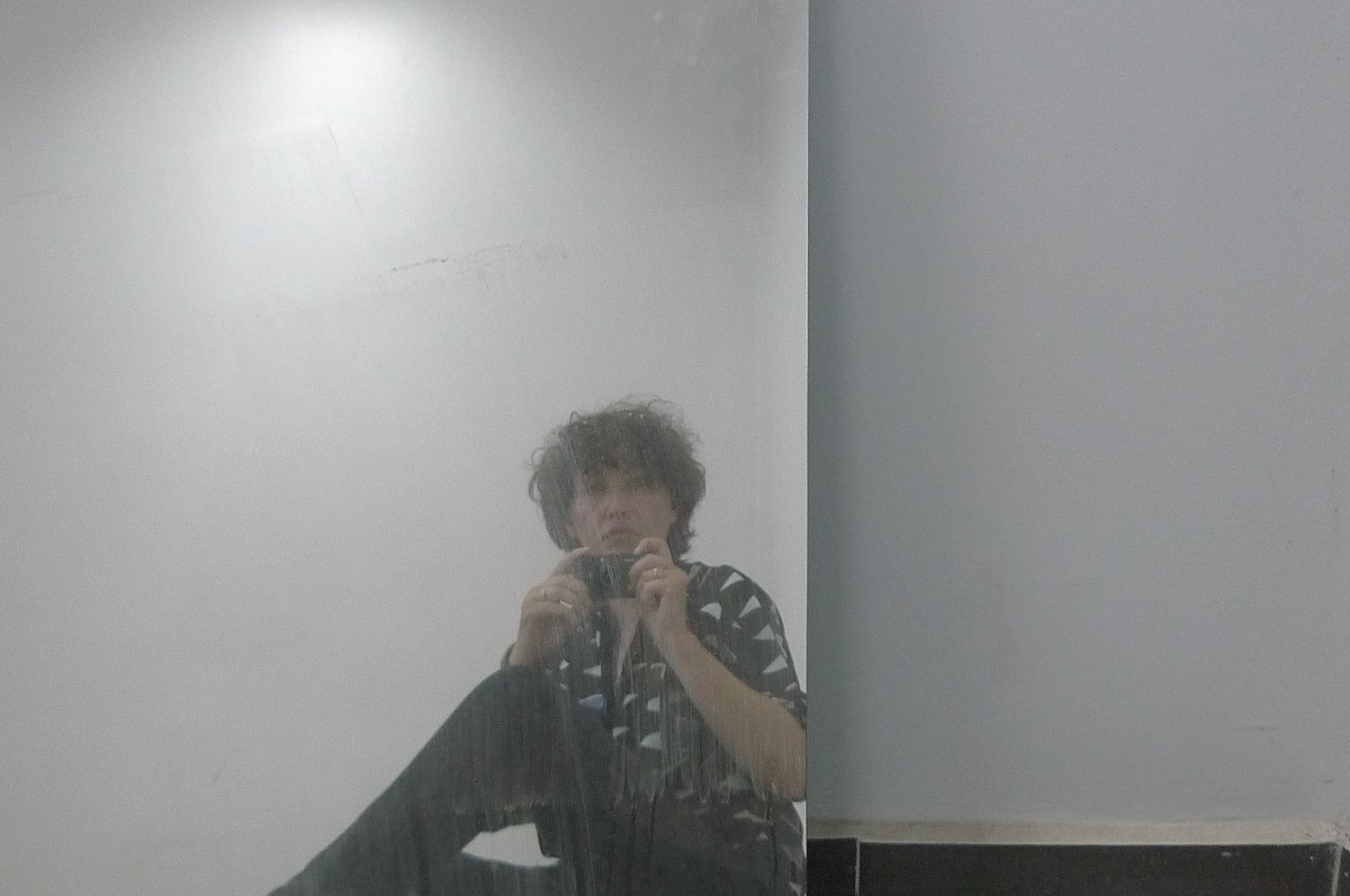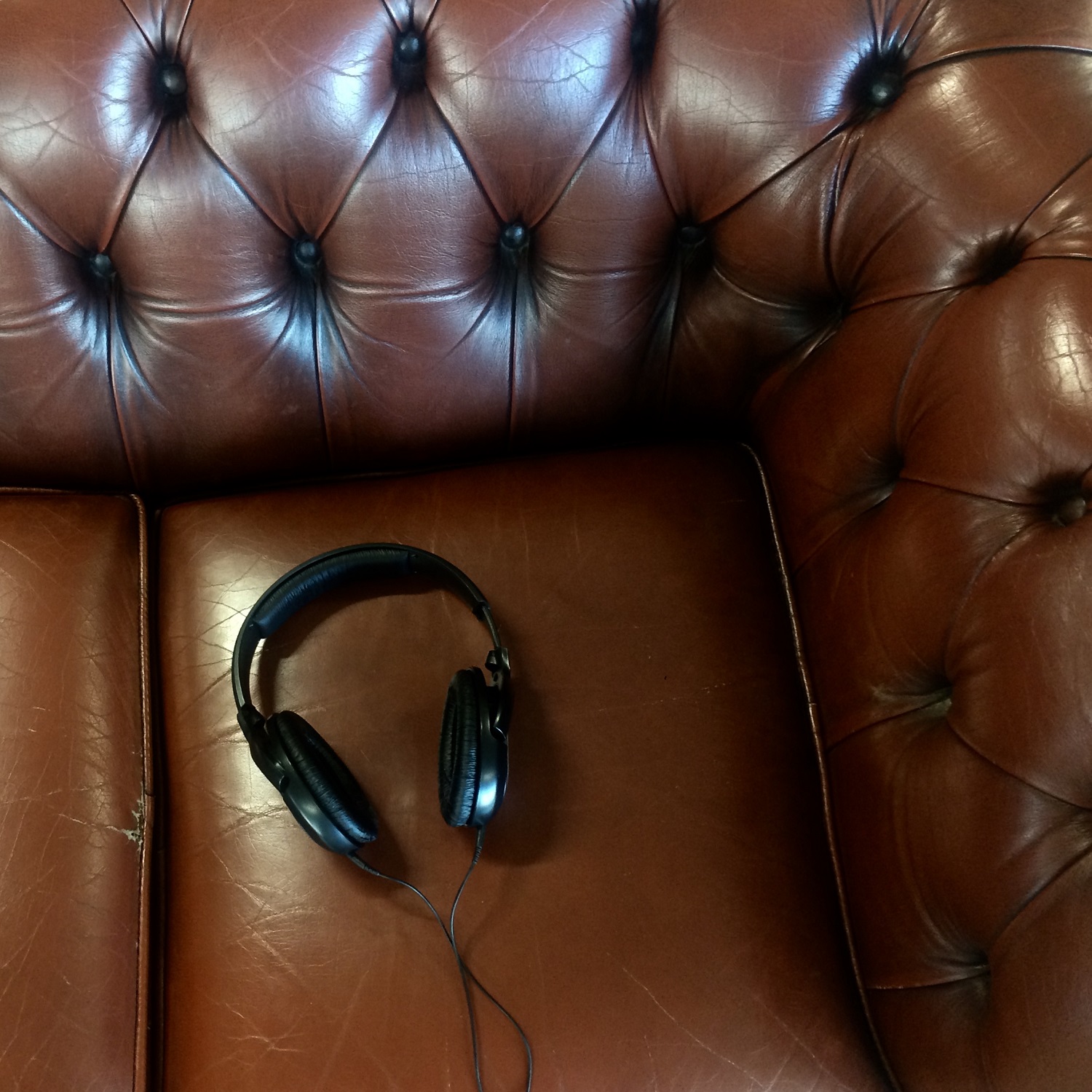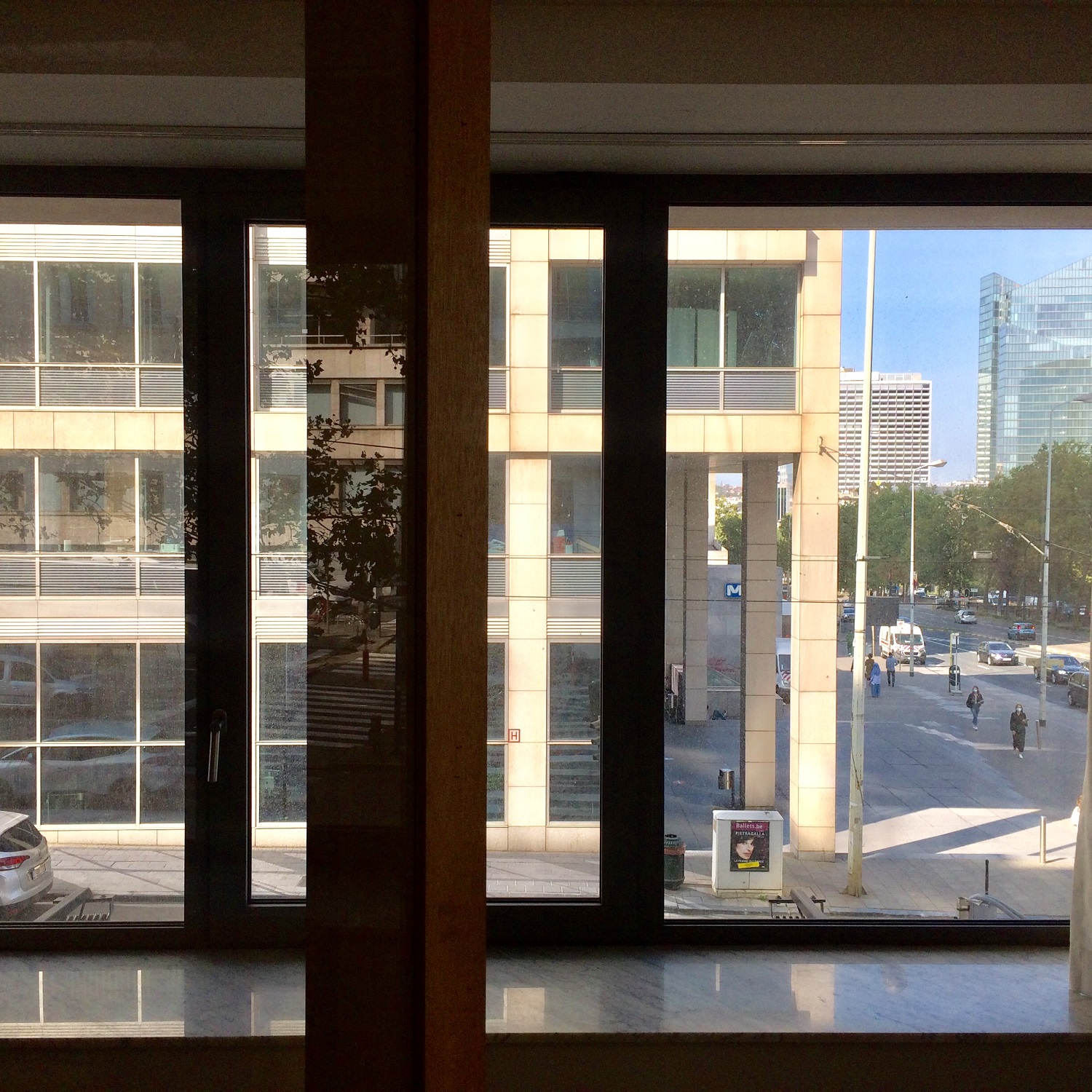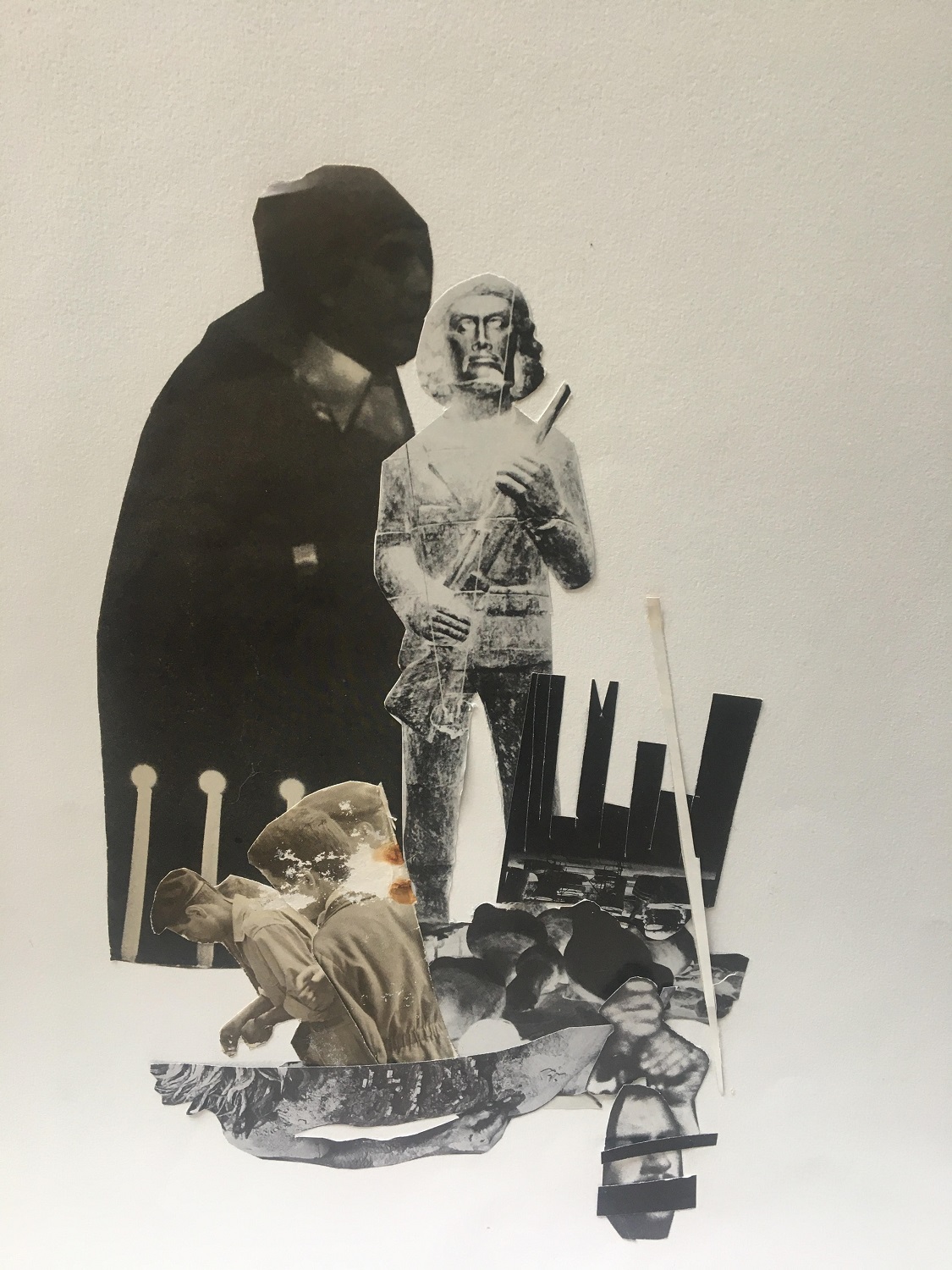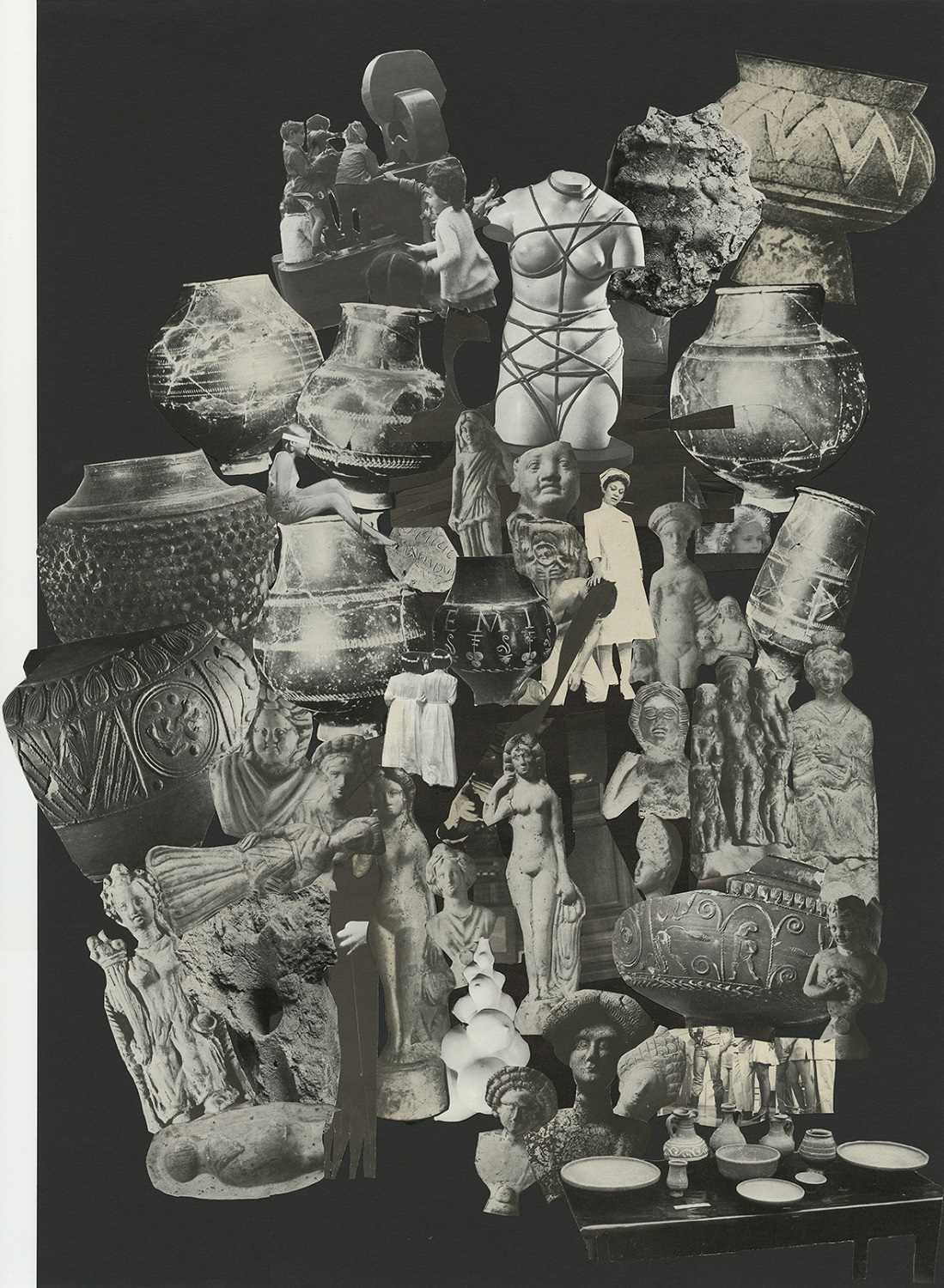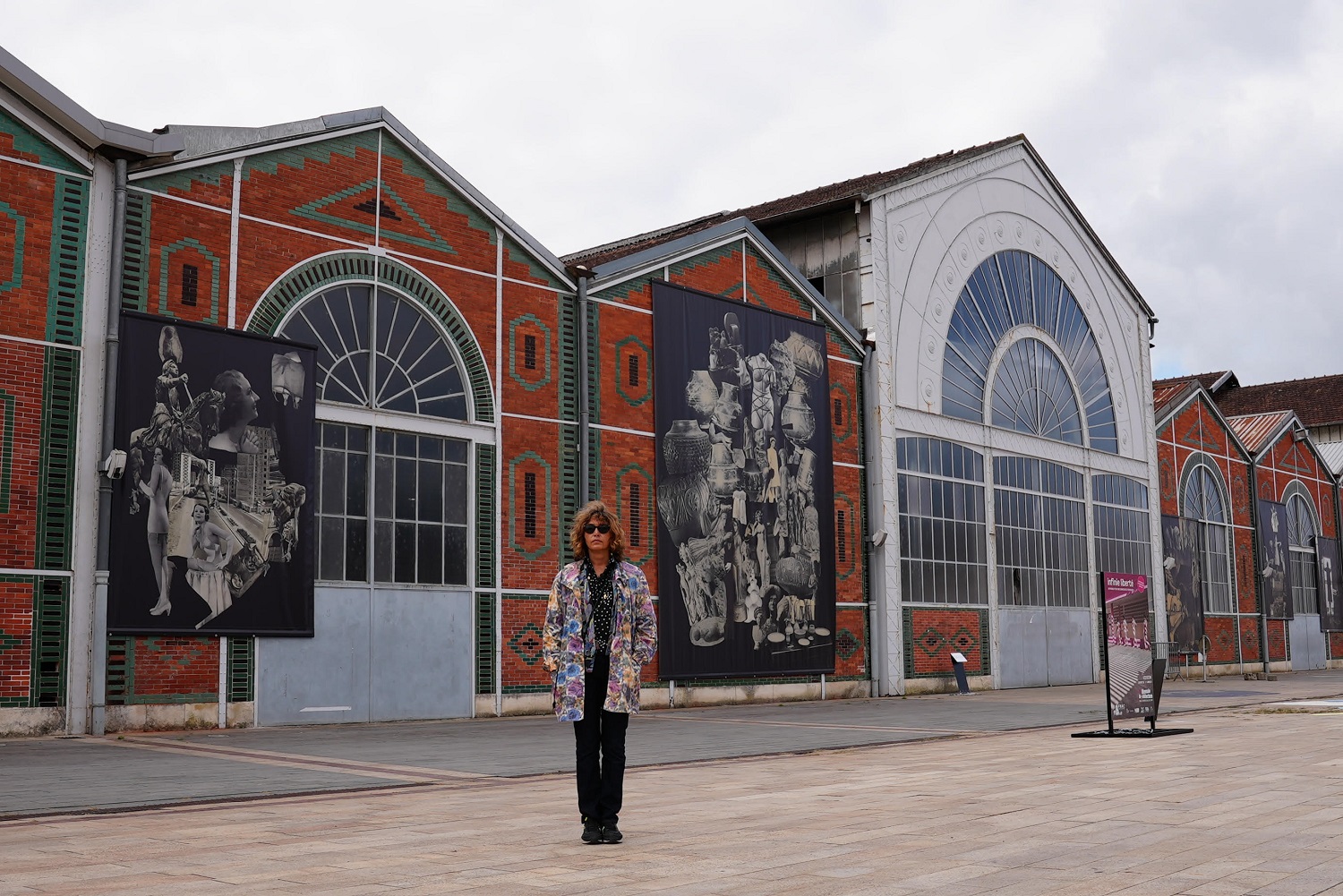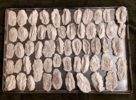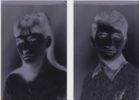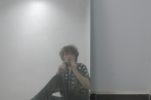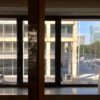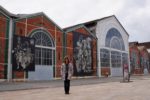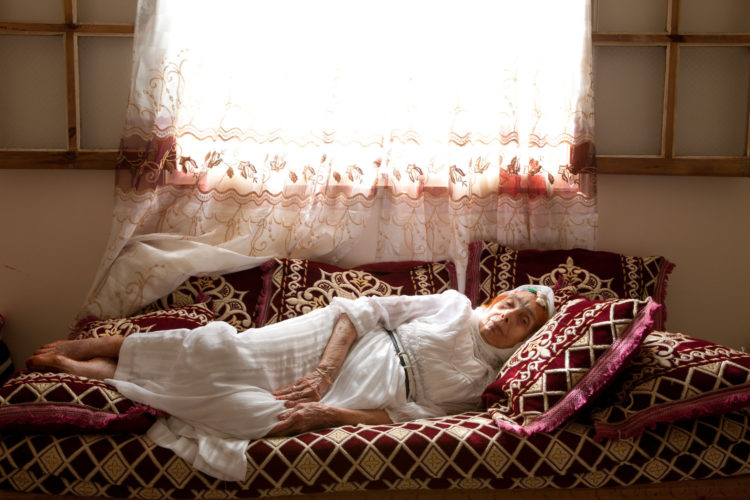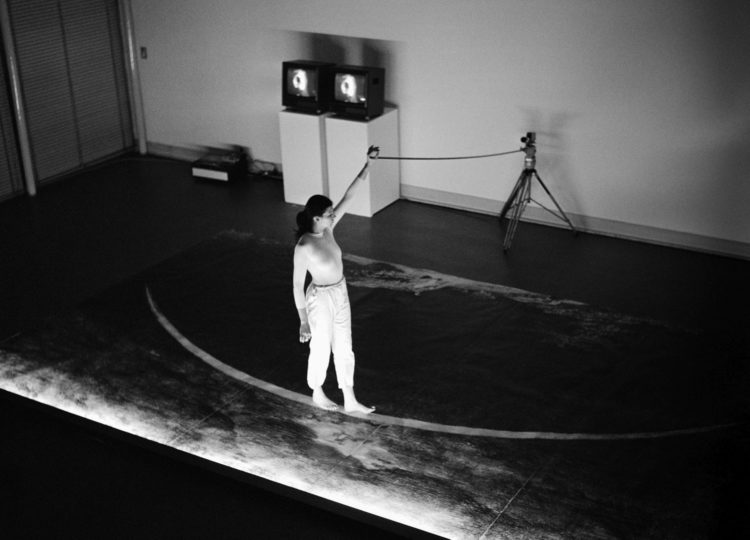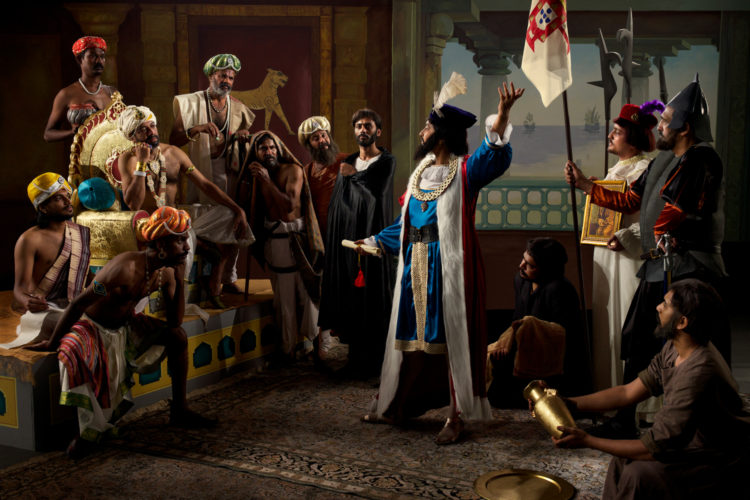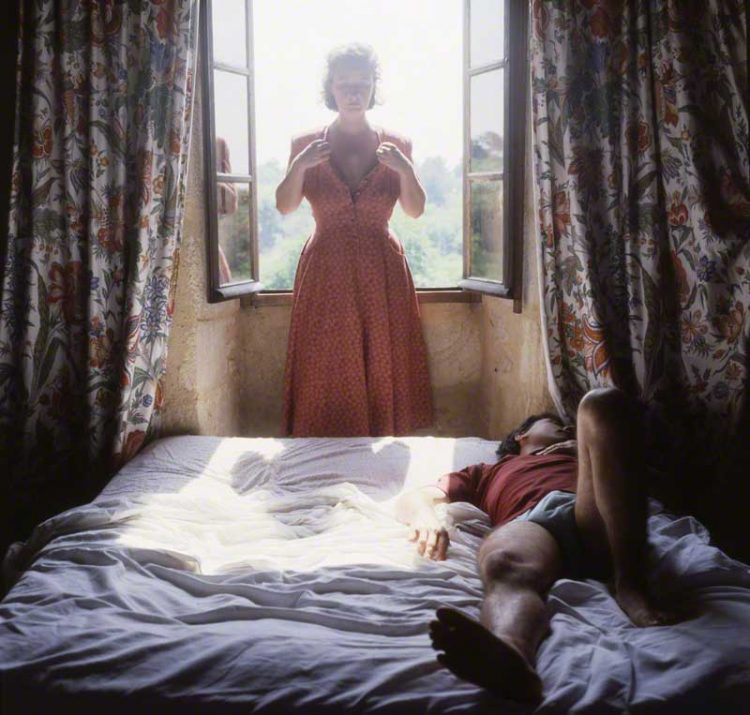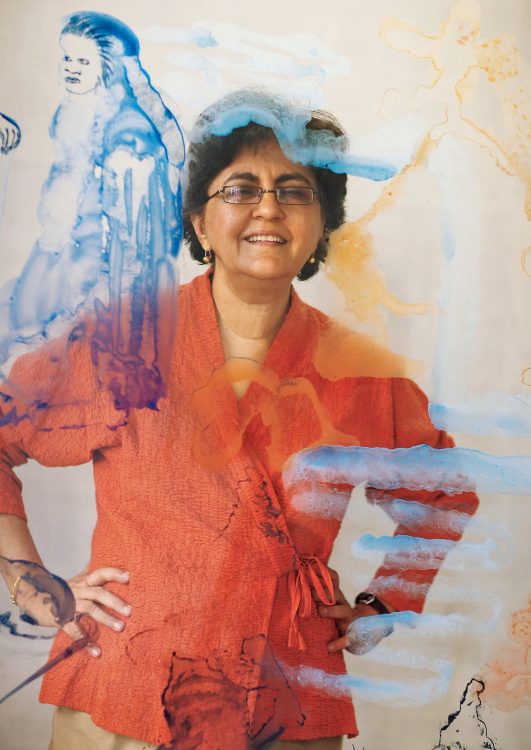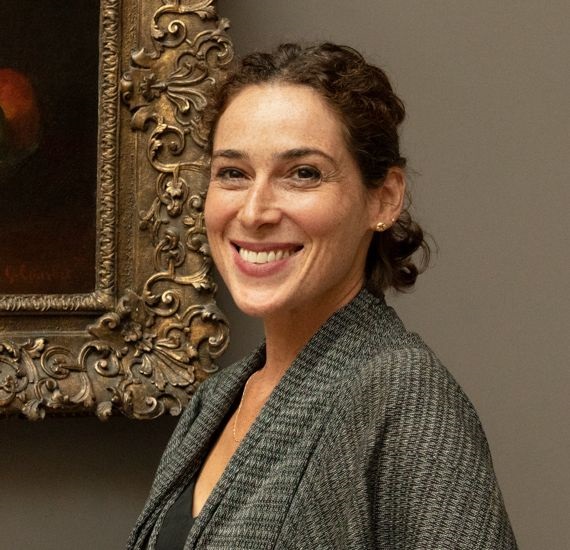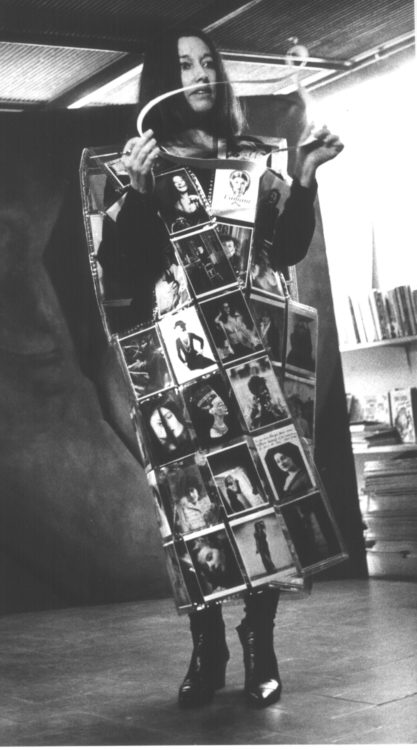Louisa Babari
Lindberg, Raya. Fiction territoriale (Art, jeu, scène, territoire), La Lettre volée, Brussels, 127 pages, 2023
→Babari, Louisa. “Algérie, la solitude des foules” in ANALYSIS, OPINION, CRITICAL MEDIA (AOC) (on line), 2019
→Babari, Louisa. Aesthetics of the antrum, 80 pages, collages, édition limitée de 500 copies, eds. Cabeza de chorlito / Alberto Garcia Alix & Frédérique Bangerter, Madrid, Spain, 2014
En attendant Omar Gatlato, cur. Natasha Marie Llorens, Triangle-Astérides, Marseille, February 2 – May 16, 2021, au Magasin CNAC, Grenoble, April 7 – October 15, 2023
→Infinie liberté, un monde pour une démocratie féministe, la biennale du Frac Centre-Val de Loire 2022, Vierzon, September 16, 2022 – January 1, 2023
→« Contre-Jour (voix-peau) », Mondes Nouveaux, Château d’If, chapelle Notre Dame des Passions, September 24 – October 24 2022
Russian, French and Algerian multimedia artist (video, sound).
Louisa Babari lived between Moscow and Algiers from 1972, arriving in Paris in October 1975. From 1977 to 1980 she regularly travelled to Moscow and Tashkent, Uzbekistan to visit family. After finishing secondary school in Paris, in 1992 she graduated from Inalco (Institut national des langues et civilisations orientales) with a diploma in Russian studies and cinema, and in 1993 from Sciences Po in Paris. At the end of the 1990s she started creating a series of short experimental films, working in both documentary and fiction.
Père (2009) is one of these, and consists of just two sequences shot from a single perspective. Viewers finds themselves inside the head of a character undergoing an allegorical moment of passage between life and death. Pèregives a few early clues as to what would become L. Babari’s approach to history in general, to its desecration, and to her own history. The soundtrack consists of around sixty tracks: we hear different languages, extracts from theatre productions, voices, joyful popular music, and background noise, an example of her technique of cutting and sampling found in her later sound works.
As a continuation of her video work, L. Babari began to introduce collage into her practice. Aesthetics of the Antrum (2014), for example, is a folioscope that can be watched like a black-and-white silent film exploring the origins of cinematic editing. Permeated by the artist’s experiences in the Eastern Bloc and post-independence Algeria, this narrative work functions through evocation, dispersal and dissemination, contradicting the unified narrative of the nation state, resisting the steamroller of hegemony. There is something definitive about L. Babari’s choice of images – found or personal, clipped from archaeological journals or from family photo albums, patiently assembled – and collaged compositions: these preciously organised archives are destroyed and desecrated. The approach can be seen in Library (2015), A Secret Song (2021) and Les Vigies (2022).
In Diary of an Algerian Student in Moscow (2016), L. Babari undertakes a different kind of documentation and transmission, working on still under-researched histories of circulation in geography and of images. The work links her to a genealogy of experimental film produced by students from countries of the Global South studying cinema in Eastern Europe.
Alongside her work in collage, L. Babari began experimenting with sound starting in 2010, using both text and voice in her creations. Lecture (2017) is a moving recital-lesson wherein the artist has her own daughter read the 1957 plea made by lawyer Jacques Vergès for Djamila Bouhired, an activist with Algeria’s National Liberation Front. Through it, a moment of translation and intergenerational transmission of a painful history is rendered visible. Voix publiques (2018) presents a different kind of plea: a collection of poetic, theoretical and literary texts from different authors engaging in political struggle are brought together, forming a cartography of voices in English, Arabic, Bambara, Creole, French, Kabyle, Russian and Wolof. Affects (2017) is a one-take reading by two actors of a chapter from Frantz Fanon’s 1952 book Black Skin, White Masks, in which we hear the actors’ voices engaging with the theoretical text, bringing their own affects and relationships to this major work of decolonial thought.
L. Babari returned to drawing in 2020, while continuing to experiment in clay sculpture with pieces such as Autoréférence (2019), a white clay autobiographical work; video also remains an integral part of her research. Her work has been exhibited at the Centre Pompidou, MAC VAL, Kadist, David Roberts Art Foundation, Musée du Quai-Branly, Mucem, the Dakar Biennale, and the 2022 Biennale of the Frac Centre. It is included in the collections of the Musée d’Art Moderne d’Alger, Centre National des Arts Plastiques, Frac Centre Val de Loire et Occitanie, and the Musée des Abattoirs in Toulouse.



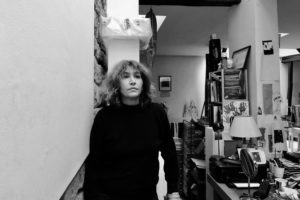
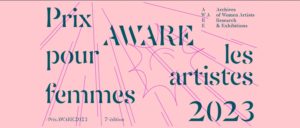 Louisa Babari - nommée au prix Nouveau Regard AWARE 2023 [French]
Louisa Babari - nommée au prix Nouveau Regard AWARE 2023 [French] 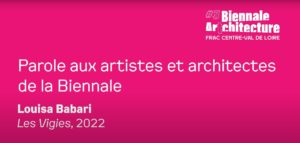 Louisa Babari, Les Vigies, 2022 | Artiste Biennale, FRAC Centre-al de Loire, December 2022 [French]
Louisa Babari, Les Vigies, 2022 | Artiste Biennale, FRAC Centre-al de Loire, December 2022 [French]  Louisa Babari & Célio Paillard | Diversité des expressions culturelles, Thinking Africa, July 1, 2016 [French]
Louisa Babari & Célio Paillard | Diversité des expressions culturelles, Thinking Africa, July 1, 2016 [French] 